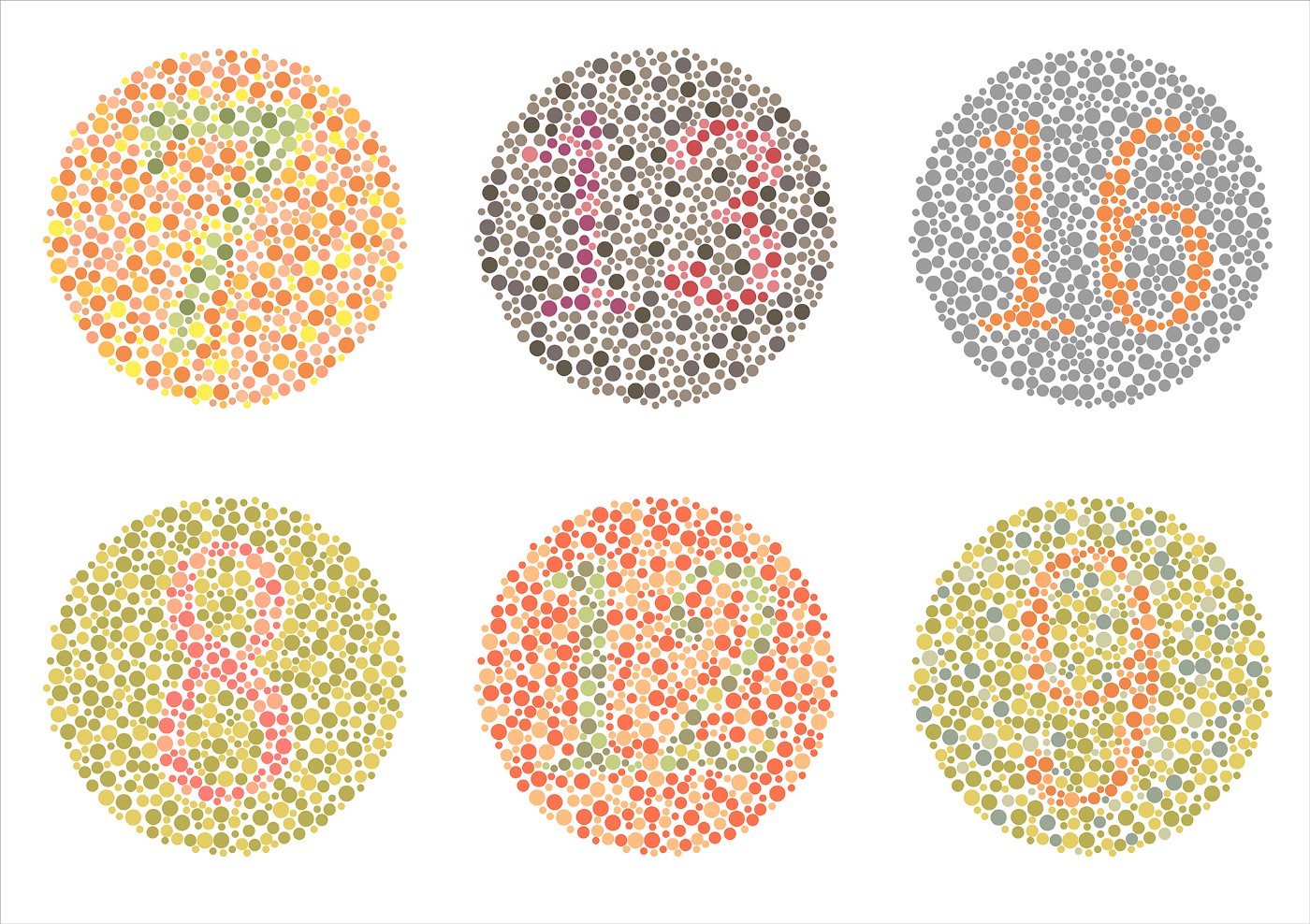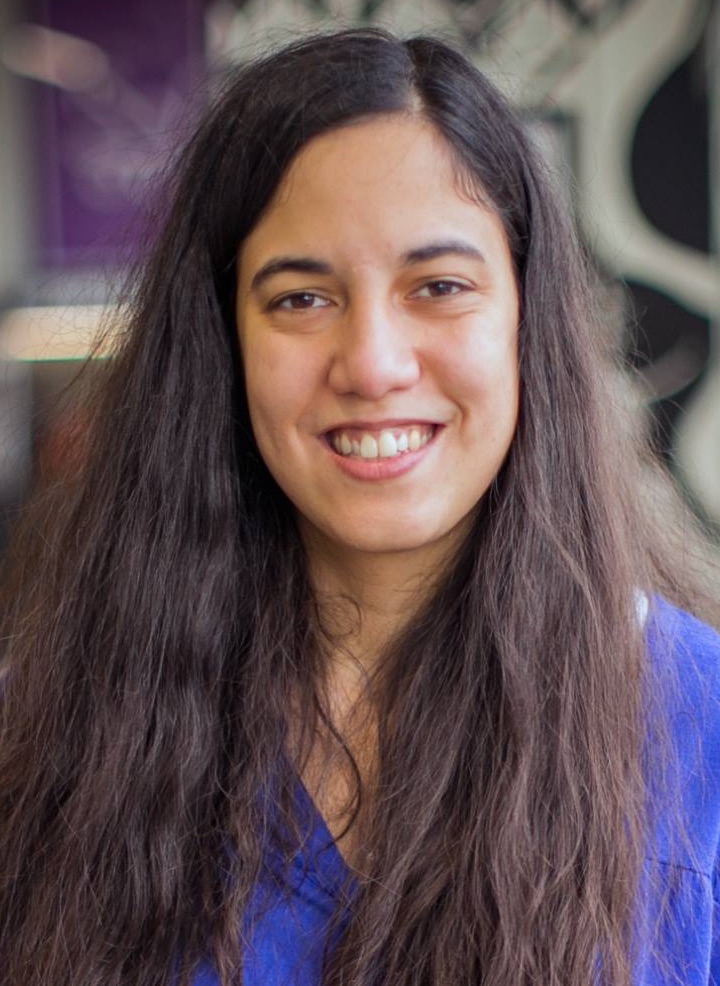


Most of the time, we are not taught to code well enough for assistive technologies to be used.
With a triple background in engineering, communication and design, Céline Bouillon puts her energy and conviction at the service of a cause close to her heart: digital accessibility.
Meeting with a passionate person!
Céline, what is your background and what do you do at ENGIE Digital?
After training as a computer engineer and studying communication, I had different roles in IT: developer, project manager, communicator and now Lead Designer at ENGIE Digital.
I work with different teams but mainly on the eCare project, which concerns the connected home. The goal of eCare is to reduce the carbon footprint of the house thanks to connected objects.
There are 3 levels in eCare. The first is the API, which offers a single point for retrieving data from the various connected objects in the home, regardless of their brand.
The second is eCare Monitoring, on which I work more specifically as a Service Designer. This software allows experts to remotely monitor connected objects (boilers, solar panels, etc.). The ultimate goal is to intervene in the home, only when necessary, to minimize transport, interventions, and therefore carbon emissions.
The third axis is data science, in order to develop algorithms based on the data we collect. These algorithms could, for example, help with predictive monitoring. That is to say, being able to predict when a boiler or a solar panel is going to break down and optimize the interventions and operation of the installation.
As a designer, you insist on the importance of digital accessibility, it is one of your ways of changing the world.
Yes, my shift towards design happened alongside my discovery of the importance of working on accessibility.
As part of a mission, I worked for a public institute. I was doing front-end development for them, and the interfaces we developed had to be accessible, especially to people with disabilities. Before that, I had never heard about this topic. In 2013, almost only public actors were concerned about this issue.
I've always kept these issues in mind, though they can be quite complicated to implement for several reasons: few people think about it, few people are trained, and therefore a lot of things are designed and developed regardless of accessibility. In technical terms, this represents a debt to be made up, and making up for a debt and training people is expensive.
I am sometimes told that people with disabilities do not use the web, when they do. Some people use assistive technologies, which we may not know exist: for example, a Braille display or a screen reader, sometimes in combination with a keyboard. A blind person cannot read content by sight, but the content can be vocalized by a screen reader. But for the content to be vocalized, the code behind it must be accessible. If it's not correctly coded, it will vocalize things that potentially don't make sense. And most of the time, we are not taught to code well enough for assistive technologies or the keyboard or the mouse to be used. However, it should be seen as good business practice.
In design, it's the same thing. Often, we do not include this notion in our job, though accessibility can affect the way we will conduct user research, or even model our interfaces. If, for example, I design 2 round buttons, one red and one green, with no other indication, well maybe people with color blindness won't see the difference between the two, and therefore won't understand whether the status is OK or KO. Whereas if I add a cross on the red flag, it makes it self-explanatory for everyone.
By working on accessibility, I learn new things, and I try to include them in my practice, and in my discussions with developers.
It comes back to the meaning we give to what we create and how we infuse this meaning through development and design, and how through this, we guarantee the proper functioning and good interactions with assistive technologies.
You say you notice an evolution in your team about this topic which might come from your role as an ambassador. But do you think it's more general?
There has been a global social movement and the questions about diversity really come to mind much more. On accessibility in particular, I see an evolution, but it is also linked to the way we design user experience.
Instead of thinking "it's good, I know what the person wants" you have to go see them, try to understand, analyze what they really want, confront reality, and learn from this reality.
In design, code and even training, there is a lot to do on the subject of accessibility. How do we raise everyone's awareness, how do we provide the means of training, then once everyone is trained, and we make the software accessible, how do we ensure that internally, the tools we use are accessible? It is only on this condition that we will be able to welcome people without worrying about the necessary adjustments.
An example for eCare Monitoring: let's take the case of a monitoring expert without vision problems. He monitors connected boilers, he has all the necessary knowledge, he knows the indicators, the data, etc. Tomorrow let's imagine that he becomes blind, he still has his knowledge and experience, but if the tools are not accessible or not accessible enough, he will not be able to continue to practice his profession.
I expect a lot from the regulatory aspect. To reduce resistance, I mention the disability law, the fact that one can be attacked by an association or by people. In this case, beyond the fines, there is an impact on the image and notoriety.
This is also what makes accessibility move a little on a global level, because the legal framework is more and more restrictive.
What you are doing is amazing! Do you still have other ways to change the world for the better?
On my own, I published a free online training on accessibility, with the aim of allowing people to discover the key concepts of digital accessibility in less than 1 hour. It was my little challenge for 2021!
At the professional level, I take every opportunity to communicate on the subject of accessibility, and I have already won some small victories!
For example, eCare decided to commit the budget to make eCare Monitoring more accessible. Now that I have my first “Trojan horse”, I capitalize on it to share our experience, and try to bring more accessibility within ENGIE. And it's working, it's starting to take hold at different levels at ENGIE!
A message to share?
I was struck by Emma Watson's speech in 2014, at the UN on the occasion of the launch of the "HeForShe" campaign. In front of an audience of experts, she said: “You must be wondering what a girl who plays in Harry Potter is doing there? But if not me, who else? If not now, when? ".
It's important to say "I have the right to talk about something, I have the right to do it". The impostor syndrome is quite specific to women, especially in male universes. And yet, we all have something to say and we must not hesitate.
It is by dint of small steps that we end up with very big leaps and that real changes take place, and everyone has their part to play.
I also think that when you are in a position where you can do something to make life easier for other people, you have to do it.
Céline wrote an article on Medium about accessibility by design. Read the article